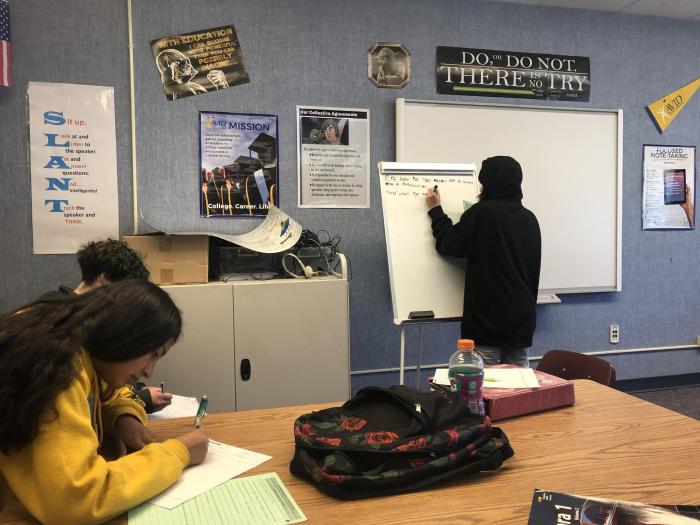Good questions for avid tutorials are the cornerstone of effective learning, fostering critical thinking, problem-solving skills, and a deep understanding of complex concepts. By understanding the unique needs of avid tutorials and crafting thought-provoking questions, educators can create engaging and transformative learning experiences.
This guide provides a comprehensive overview of good questions for avid tutorials, including essential question types, techniques for crafting effective questions, structuring questions for optimal delivery, and assessing the impact of good questions. With its actionable insights and practical examples, this guide empowers educators to design and deliver high-quality tutorials that captivate and empower avid learners.
Understanding the Needs of Avid Tutorials
Avid tutorials, characterized by their insatiable thirst for knowledge and relentless pursuit of understanding, present unique challenges and opportunities in educational settings. To effectively cater to their needs, educators must first comprehend the distinctive traits and learning preferences that set them apart.
Challenges and Opportunities, Good questions for avid tutorials
- High expectations and demand for in-depth knowledge
- Short attention spans and a need for engaging content
- Preference for hands-on experiences and real-world applications
- Opportunities to develop critical thinking skills and foster problem-solving abilities
Identifying Essential Question Types
Engaging avid tutorials requires a comprehensive understanding of effective question types. Each format offers distinct advantages and drawbacks:
Question Formats
- Open-ended questions:Encourage exploration and critical thinking
- Leading questions:Guide learners towards specific insights
- Scenario-based questions:Connect concepts to real-world situations
- Multiple-choice questions:Assess knowledge and provide immediate feedback
- Short-answer questions:Test comprehension and recall
Crafting Thought-Provoking Questions
Effective questions stimulate critical thinking and problem-solving skills. Techniques include:
Techniques for Crafting Questions
- Using open-ended questions to encourage exploration
- Posing leading questions to guide learners
- Incorporating scenario-based questions to connect concepts
- Challenging learners with questions that require analysis and synthesis
- Encouraging learners to connect concepts and explore real-world applications
Structuring Questions for Effective Delivery

Optimal question sequences build complexity and understanding gradually:
Question Sequence Design
- Begin with foundational questions to establish a knowledge base
- Introduce more complex questions to challenge learners
- Organize questions into logical groups or categories
- Use visual aids, tables, or bullet points to enhance clarity
Assessing the Impact of Good Questions: Good Questions For Avid Tutorials
Evaluating question effectiveness is crucial for continuous improvement:
Evaluation Metrics
- Learner engagement and participation
- Knowledge retention and understanding
- Critical thinking and problem-solving abilities
Improvement Strategies
- Gather feedback from learners
- Analyze data to identify areas for improvement
- Refine question design based on feedback and data analysis
Essential FAQs
What are the key characteristics of avid tutorials?
Avid tutorials are highly motivated and engaged learners who seek deep understanding and challenge. They are curious, inquisitive, and possess a strong desire to explore complex concepts.
How can educators cater to the specific needs of avid tutorials?
Educators can cater to the needs of avid tutorials by providing challenging and thought-provoking content, fostering a supportive and collaborative learning environment, and encouraging them to connect concepts to real-world applications.
What are some effective question types for engaging avid tutorials?
Effective question types for avid tutorials include open-ended questions, leading questions, scenario-based questions, and higher-order thinking questions that require critical analysis, synthesis, and evaluation.
How can educators structure questions for effective delivery?
Educators can structure questions for effective delivery by organizing them into logical groups or categories, gradually building complexity, and using visual aids or bullet points to enhance clarity.
How can educators assess the impact of good questions?
Educators can assess the impact of good questions by measuring learner engagement, knowledge retention, and critical thinking skills through metrics such as participation rates, quiz scores, and feedback analysis.